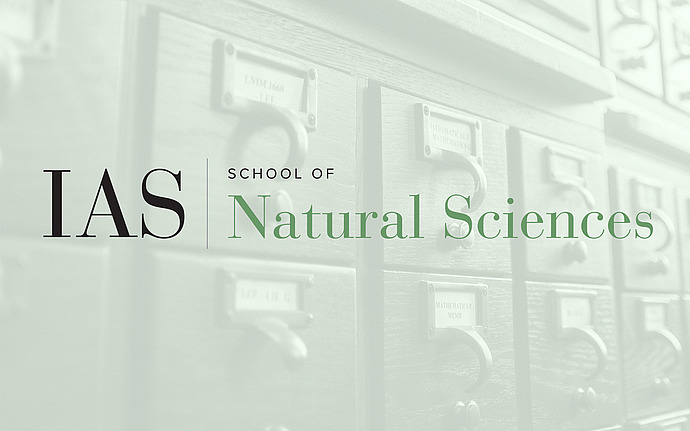
Institute for Advanced Study / Princeton University Joint Astrophysics Colloquium
Particle acceleration in astrophysical, magnetized turbulent plasmas
How magnetized turbulent plasmas can accelerate charged particles to high energies represents a long-standing question with far-reaching implications for high-energy and multi-messenger astrophysics. It indeed goes back to the seminal works of Enrico Fermi (1949, 1954) and nowadays, it is commonly invoked to model the generation of non-thermal particle spectra in a broad variety of astrophysical sites, including extreme, relativistic sources. In particular, it has recently been considered as a possible origin for the high-energy neutrinos seen by Ice Cube in the direction of nearby active galactic nuclei.
Our understanding of particle acceleration in turbulent plasmas has known substantial progress in recent years, mostly spurred by large-scale, kinetic numerical simulations. This talk will address those developments and discuss a theoretical picture to describe the physics at play, based on non-resonant interactions between particles and velocity structures. This model, which can be seen as a modern implementation of the original Fermi scenario, appears supported by recent numerical simulations of turbulence in the semi- and fully-relativistic regime. It also brings to light an interesting connection between the properties of intermittency of the turbulence and the spectrum of accelerated particles. I will discuss those features then conclude with some possible applications and extensions.
Date & Time
Location
Princeton University, Peyton Hall AuditoriumSpeakers
Affiliation
Event Series
Categories
Notes
10:30am Coffee and danishes provided in Peyton Hall Grand Central.
11:00am Lecture, Peyton Hall Auditorium